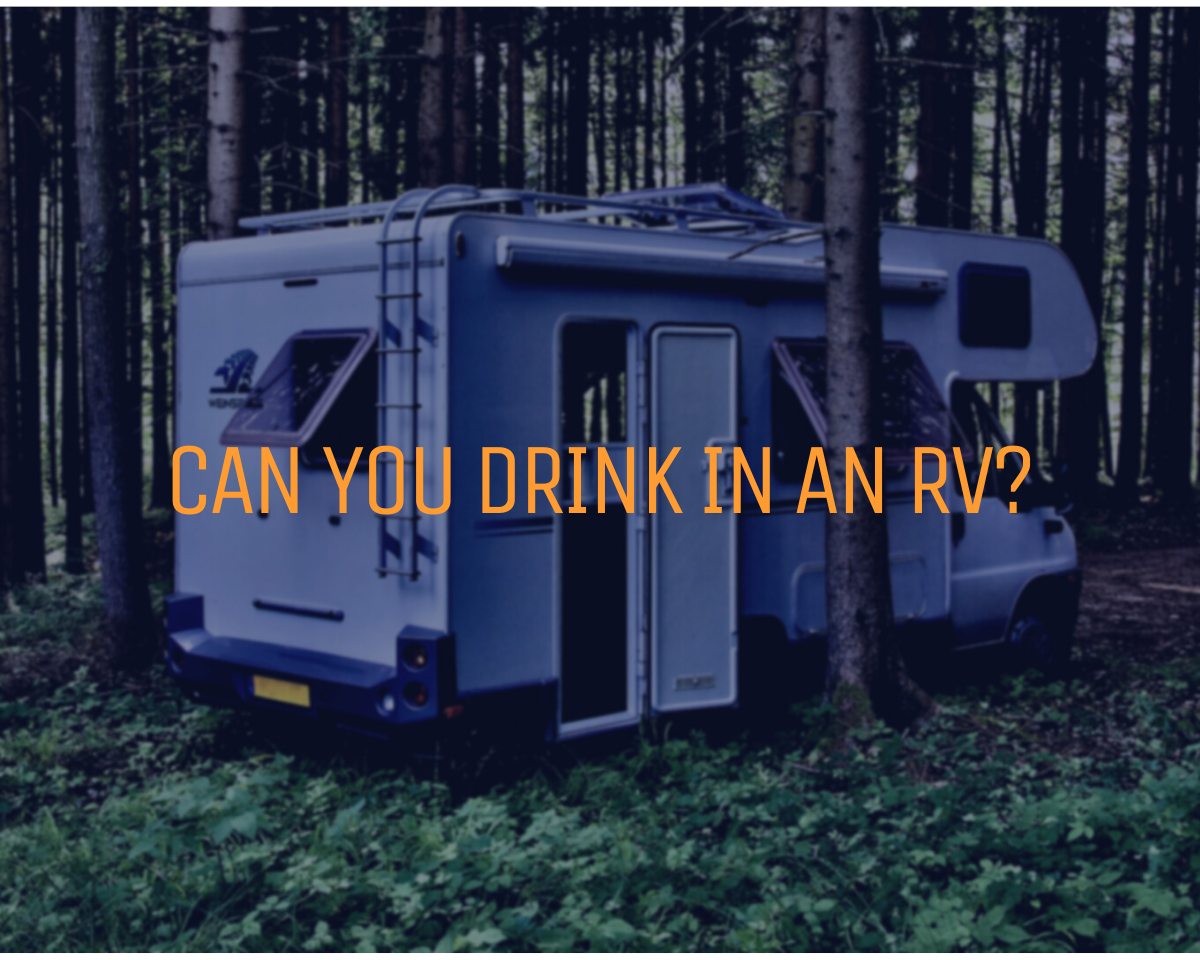Recreational vehicles (RVs) are popular throughout the country for family vacations, retirement getaways, and traveling the country with the comforts of home in tow. RVs exist for enjoyment, but it’s still crucial to follow the rules of the road as you would in any other vehicle, and this applies to alcohol consumption. It’s also vital to remember that open container laws apply to RVs as well.
When Open Container Laws Apply
Arizona considers a parked RV a domicile if it is on private property or a campground, and open container laws do not apply. However, parking at a publicly operated campground or park may leave your RV vulnerable to searches from police or park rangers if they suspect you are in violation of any alcohol laws.
Arizona law considers an “open container” to be an alcoholic beverage container that is open, has a broken seal, or is missing some of its contents. The law also considers the location of alcoholic beverage containers when it comes to defining “open containers.” For example, an opened bottle of beer in the driver’s cup holder would likely incur an open container violation, while a half-empty bottle of wine leftover from a family gathering or dinner date tucked away in the back seat or the trunk wouldn’t necessarily count in the same way.
Arizona does not apply open container laws to passengers in larger vehicles like buses, taxis, and authorized limousines. Recently, Arizona adjusted this law to account for rideshare companies like Lyft and Uber. Generally, the line between acceptable alcohol consumption in a vehicle and an open container violation is whether the driver is drinking or has easy access to an open container of alcohol. Additionally, an officer conducting an inspection of a vehicle will likely view alcohol stored in a refrigerator or cargo space differently than open bottles and cans on the floor of the vehicle or on seats and tables inside the passenger areas.
When it comes to RVs, these vehicles have multiple design features to enable long-distance travel and camping. In the rare event that a police officer has probable cause to search an RV, he or she may cite the driver for an open container violation if there is evidence to show the driver had consumed alcohol or had easy access to alcohol while driving.

Best Practices for Alcohol in an RV
If you and your party intend to consume any alcohol during your RV trip, then a few best practices can help limit your chances of incurring an open container violation, including:
- Keep all alcohol out of the driver’s cabin. Most RVs have clearly defined areas for the driver and the passengers. A good rule of thumb is to simply keep all alcohol out of the driver’s cabin and store it as far away from the driver’s seat as possible.
- Keep open containers stored safely and out of sight. If your RV has a refrigerator, keep your alcohol containers inside while the vehicle is in motion.
- Limit alcohol use to camp. Only consume alcohol while parked at a private residence or privately-operated campground.
- Have passengers refrain from alcohol consumption in transit. While it may not be technically illegal for an RV passenger to consume alcohol while in the cabin portion of the RV, it’s still inadvisable in case of a police stop. The smell of an open container may give a police officer probable cause to search the vehicle.
- Clean up. Make sure to properly discard empty alcohol containers and store leftovers safely away from the driver’s seat. Empty beer bottles and other alcohol containers can easily lead to an open container violation.
Remember that an open container violation in Arizona is a Class 2 misdemeanor. A driver found in violation of Arizona’s open container laws will likely incur a fine of up to $750 and may face up to four months in jail, depending on the severity of the offense. If you have questions about Arizona’s open container laws or your rights as an RV owner, reach out to an experienced Glendale DUI attorney for answers to more-nuanced questions.